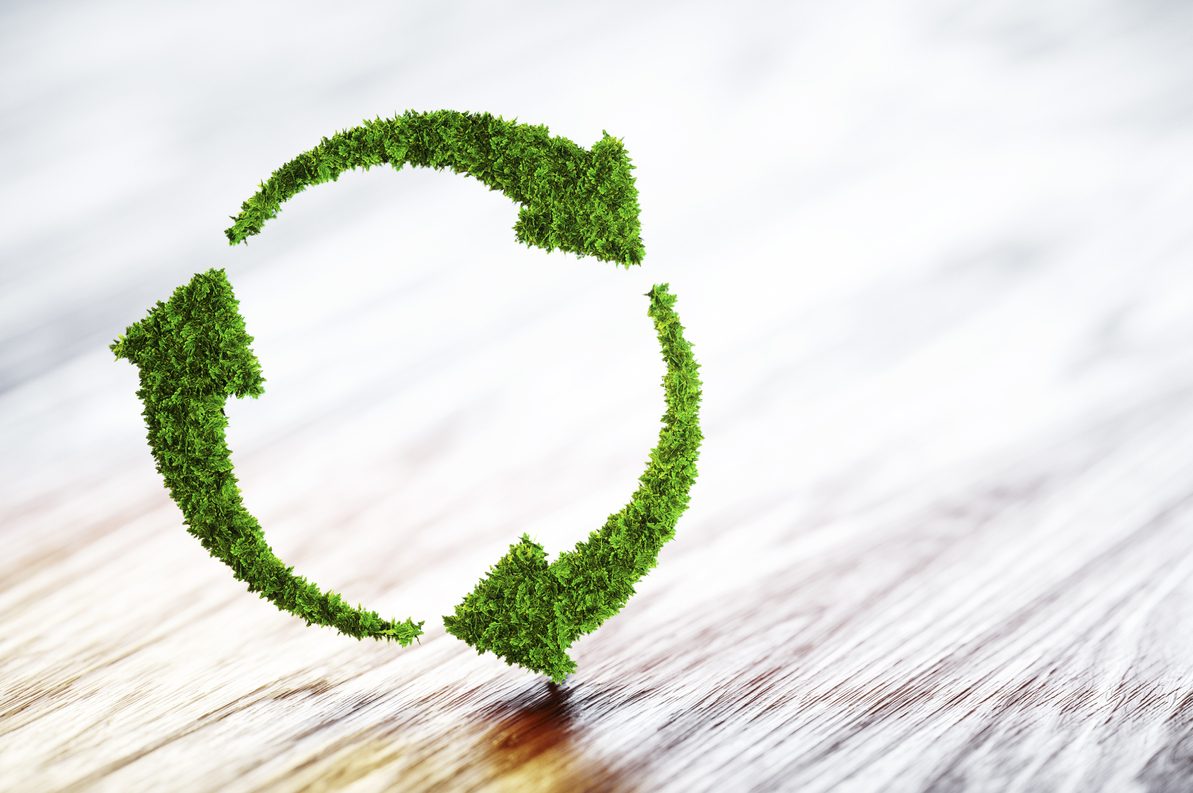New report on the EU Critical Raw Materials Act published.
In March, the EU Commission presented a draft for the Critical Raw Materials Act, the first European law on critical raw materials, crucial building blocks for the green and digital transformation. The aim is to increase the diversification of supply chains for these materials, and one of the measures to achieve this is a recycling quota of 15 percent. A new research report (PDF) argues that this is enough. Circularity is more than just recycling, materials need to be kept in the system more effectively and for longer – this needs to be better integrated into the draft legislation, the report adds. The study, which was presented at the European Parliament on Monday, was commissioned by CLG Europe’s Materials & Products Taskforce, a group of industry leaders. It was conducted by the University of Cambridge Institute for Sustainability Leadership (CISL) and the Wuppertal Institute.
The report highlights solutions on how a circular economy could strengthen Europe’s security of critical raw materials supply chains and geopolitical autonomy, accelerate the transition to a more sustainable economy, and enable business innovation. In doing so, the study focuses on three key materials for the green transformation – aluminum (including bauxite and magnesium), lithium, and rare earths. Also included are case studies on the circular use of raw materials in companies such as Volvo Cars, LKAB, and Umicore, as well as specific policy recommendations. For example, demand for critical raw materials could be reduced by increasing the recyclability, minimum lifetime, and reparability of products. Collection and recycling infrastructure would also need to be greatly expanded.
In general, the team of authors advocates combining the Critical Raw Materials Act holistically with other areas such as climate, energy, digital, industrial, and circular economy policies. Greater integration of circular economy, for example, into the Green Deal Industrial Plan industrial policy package could even lead to Europe becoming a global leader in this area.
More on recycling and the circular economy: For two days, Frankfurt am Main became the center of the industry – read our review of the E-Waste World Conference & Expo.
Photo: iStock/Petmal


